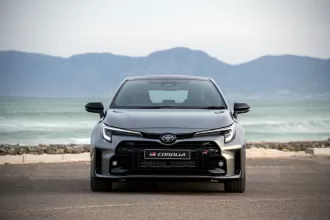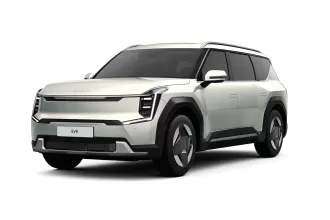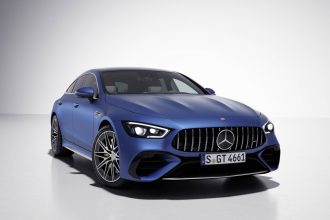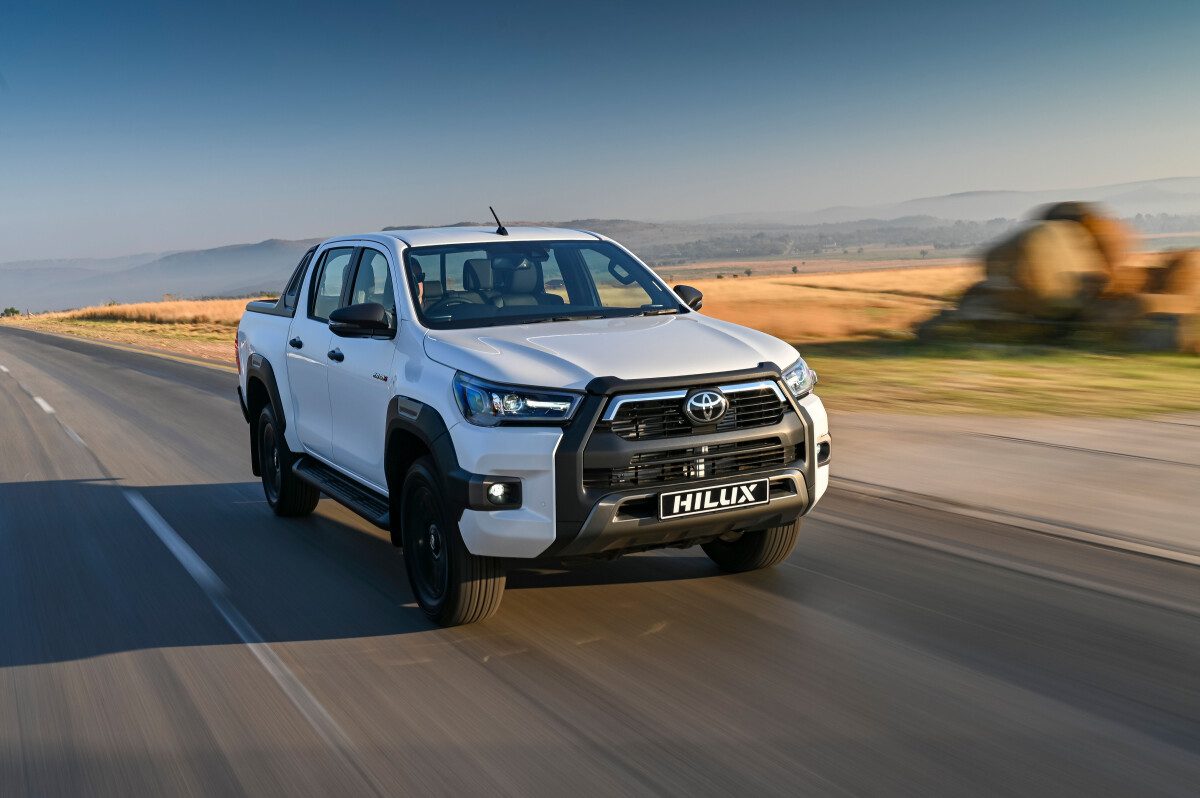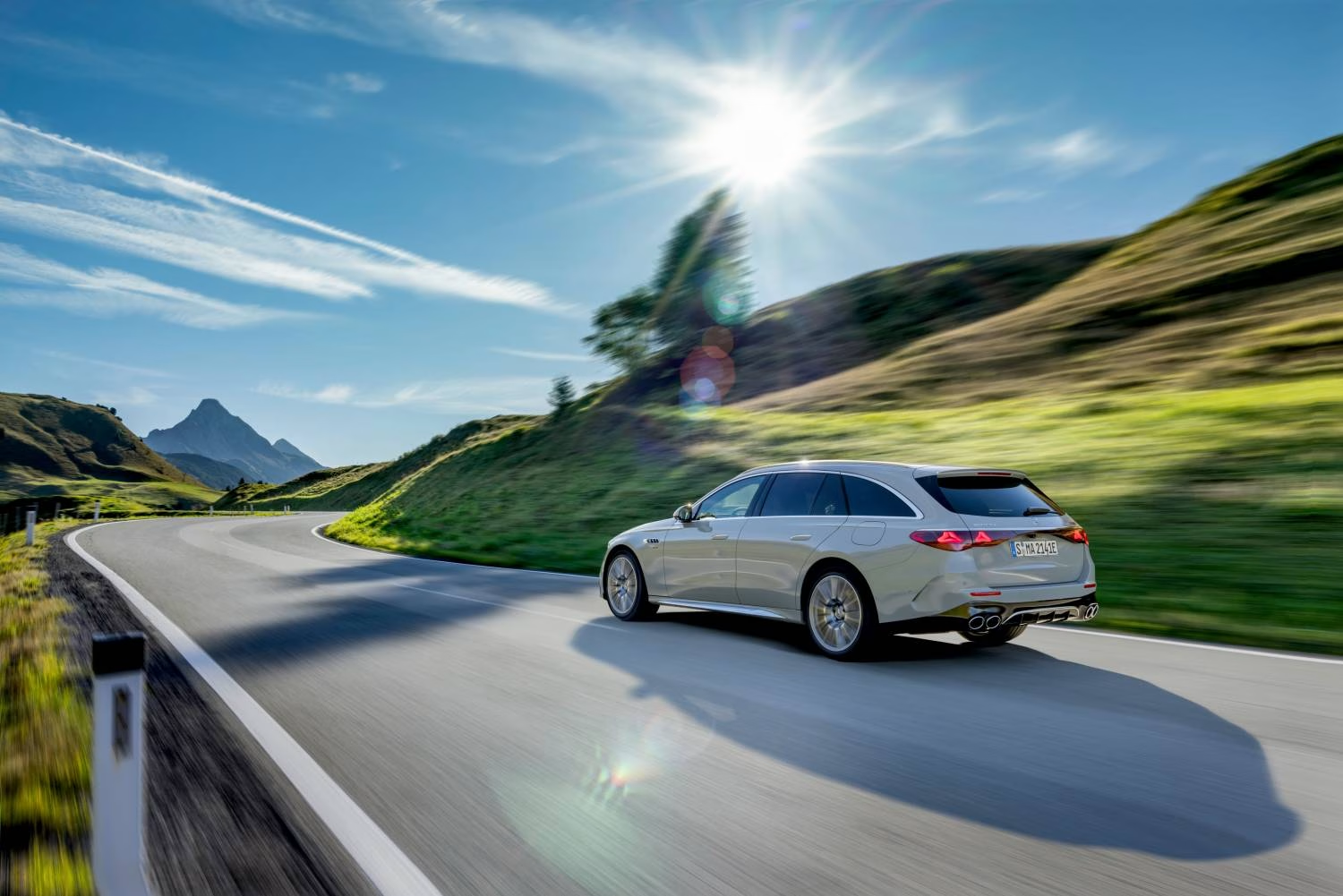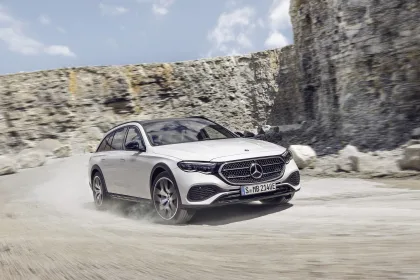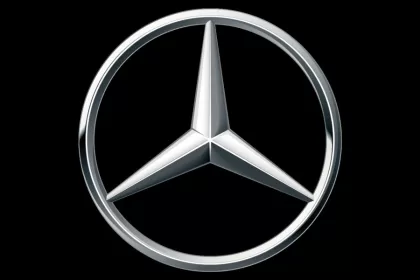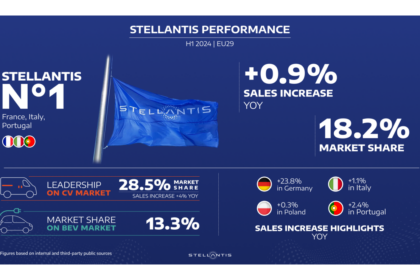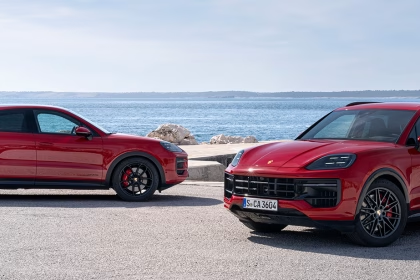- Robust sales in subdued market environment: Mercedes-Benz Cars sales reach 496,700 units in Q2 with Top-End vehicle sales up 6% compared to Q1
- Sales momentum: Quarter on quarter Passenger Car sales up 7% due to improved product availability, particularly in China and the U.S. market. Sales expected to increase in second half of 2024
- Solid performance: Mercedes-Benz Vans sold 103,400 units in Q2 and therefore on a similar level quarter on quarter
Mercedes-Benz Group second-quarter sales reached 600,100 cars and vans underpinned by improved product availability at Mercedes-Benz Cars in China and the U.S., but remained below the prior-year level amid model changeovers and a value-oriented sales approach in a challenging economic environment. Mercedes-Benz Passenger Cars sales are expected to further improve in the second half of the year. Mercedes-Benz Vans achieved robust sales despite a subdued market environment and model changeovers.
Mercedes-Benz Cars
“As the shift towards electrification continues, Mercedes-Benz customers can choose from a broad range of high-tech combustion, battery electric or hybrid vehicles. Especially our plug-in hybrids are proving popular, with sales up 27% in Q2. Furthermore, every third vehicle ordered in the Top-End segment included at least one individualization option from our MANUFAKTUR program in the first six months.”
Britta Seeger, Member of the Board of Management of Mercedes-Benz Group AG. Marketing & Sales
Mercedes-Benz Cars sales reached 496,700 units in the second quarter, a plus of 7% compared to the first quarter. Model changeovers and availability constraints impacted sales in the first half of the year. Thanks to full product availability of the E-Class, GLC and market introductions of new Mercedes-AMG models, the new G-Class and electric G-Class, overall sales are expected to rise in the second half of the year.
Battery electric vehicles (BEV) sales reached 45,800 units in Q2. The pace of EV adoption eased in important markets as the company focused on healthy growth in a market environment characterized by heavy discounting. An increased demand for plug-in-hybrids in all major regions led to a global sales rise of 27% compared to the previous year.
In line with our expectations, Top-End Q2 sales increased by 6% compared to Q1, but remain below year-earlier levels, mainly due to model changeovers and a subdued market environment in Asia. However, the Mercedes-Benz S-Class remains the undisputed market leader in its segment in all major markets. The company expects Top-End sales to rise significantly in the second half of the year driven by further market launches of the new G-Class including the electric G-Class, several Mercedes-AMG models such as the E-Class and CLE derivatives and the updated EQS.
Sales in the Core segment rose by 8% in Q2 compared to previous quarter mainly driven by the E-Class and GLC which has retained its status as the top-selling Mercedes-Benz model.
Sales in Europe reached 157,500 units with solid demand for battery electric vehicles and with a strong demand for plug-in-hybrids. In Germany, every third customer opted for a BEV or plug-in-hybrid (xEV) in the first half of the year.
Sales in China reached 172,600 units in the second quarter, an increase of 2% compared to the first quarter. The ramp-up of the new locally produced E-Class continues, which received excellent customer feedback and saw sales rising by 41% in Q2 compared to the first quarter. Demand for the Mercedes-Maybach S-Class remains strong with sales up 16% in the first half of the year.
Sales in the U.S. reached 84,700 units in Q2, a significant increase of 27% compared to Q1 thanks to improved product availability of the GLC, the new E-Class and CLE models as well as an increased demand for plug-in-hybrids.
Sales overview
| Q22024 | Change Q1 2024 | ChangeQ2 2023 | YTD2024 | ChangeYTD 2023 | ||||
| Mercedes-Benz Group | 600,100 | +6% | -6% | 1,168,600 | -6% | |||
| – thereof BEVs | 51,000 | +1% | -23% | 101,600 | -16% | |||
| Mercedes-Benz Cars | 496,700 | +7% | -4% | 959,700 | -6% | |||
| – thereof BEVs | 45,800 | -4% | -25% | 93,400 | -17% | |||
| – thereof xEVs | 90,000 | +0% | -6% | 180,100 | ||||
| ercedes-Benz Cars sales by segments | ||||||||
| Top-End | 70,300 | +6% | -17% | 136,900 | -22% | |||
| Core | 290,000 | +8% | +5% | 557,700 | +6% | |||
| Entry | 136,400 | +6% | -12% | 265,100 | -16% | |||
| Mercedes-Benz Cars sales by regions and markets | ||||||||
| Europe | 157,500 | -2% | +0% | 317,600 | -1% | |||
| – thereof Germany | 49,300 | -2% | -16% | 99,700 | -16% | |||
| Asia | 225,600 | +7% | -6% | 436,300 | -10% | |||
| – thereof China | 172,600 | +2% | -6% | 341,500 | -9% | |||
| North America | 94,200 | +27% | -5% | 168,200 | -3% | |||
| – thereof U.S. | 84,700 | +27% | -4% | 151,200 | -1% | |||
| Rest of World | 19,500 | +8% | -5% | 37,600 | +0% | |||
Mercedes-Benz Vans
Mercedes-Benz Vans global sales reached 103,400 units in the second quarter maintaining sales at the same level as in the first quarter (-2% compared to Q1). Thus, the division achieved a strong first half-year in 2024, with Q2 influenced by model changes both in the private and commercial segment of midsize and large vans and a phased ramp up of the eSprinter.
“Mercedes-Benz Vans sold 103,400 units in the second quarter 2024 despite a challenging environment and model changes. Thus, we are keeping up the same sales run rate as in the first quarter, showing the continuous trust of our customers. Nevertheless, we couldn’t match last year’s record quarter due to the discontinuation of the Metris in the U.S. as well as a general decline especially in recreational vehicle business. I’m convinced that our updated models will further strengthen our product portfolio.”
Klaus Rehkugler, Head of Mercedes-Benz Vans Sales & MarketingSales development in the core market Germany is stable compared to Q1, while in the U.S. sales have been affected by the planned discontinuation of the Metris (Vito). Compared to the second quarter of the prior year, the market demand in some industries declined and has affected the markets in Germany (-19%) and U.S. (-46%), namely recreational vehicles (U.S., Germany) and service & crafts (Germany).
With 86,200 units sold, commercial vans continue to be the strongest customer segment within the van division. Demand for vans in the private segment continues to be strong and reached a total of 17,200 units sold. Sales of eVans reached 5,200 units, an increase of 75% compared to the first three months of this year, mainly driven by the ramp up of the new electric van portfolio especially the new eSprinter. Compared to the second quarter 2023, eVans are up 3% despite the general decline in demand for electric drive of the van markets worldwide and model changes of EQV, eVito and eSprinter.
| Sales overview | |||||||
| Q22024 | ChangeQ1 2024 | ChangeQ2 2023 | YTD2024 | ChangeYTD 2023 | |||
| Mercedes-Benz Vans | 103,400 | -2% | -13% | 208,900 | -4% | ||
| – thereof eVans | 5,200 | +75% | +3% | 8,200 | -5% | ||
| Mercedes-Benz Vans sales by segments | |||||||
| Commercial vans | 86,200 | -7% | -15% | 179,000 | -4% | ||
| – thereof commercial large vans | 52,400 | -7% | -20% | 109,100 | -7% | ||
| – thereof commercial midsize vans | 26,800 | -14% | -13% | 57,800 | +2% | ||
| – thereof commercial small vans | 7,000 | +39% | +27% | 12,100 | +3% | ||
| Private vans | 17,200 | +36% | -4% | 29,900 | -9% | ||
| – thereof private midsize vans | 15,600 | +37% | -3% | 27,000 | -8% | ||
| – thereof private small vans | 1,600 | +31% | -8% | 2,800 | -23% | ||
| Mercedes-Benz Vans sales by regions and markets | |||||||
| Europe | 70,400 | +5% | -5% | 137,300 | -2% | ||
| – thereof Germany | 24,700 | +3% | -19% | 48,600 | -11% | ||
| Asia | 10,400 | +6% | -15% | 20,200 | +1% | ||
| – thereof China | 9,100 | +19% | -6% | 16,800 | +7% | ||
| North America | 13,200 | -32% | -42% | 32,600 | -16% | ||
| – thereof U.S. | 10,900 | -32% | -46% | 27,000 | -21% | ||
| Rest of World | 9,500 | +3% | -9% | 18,700 | -5% | ||


